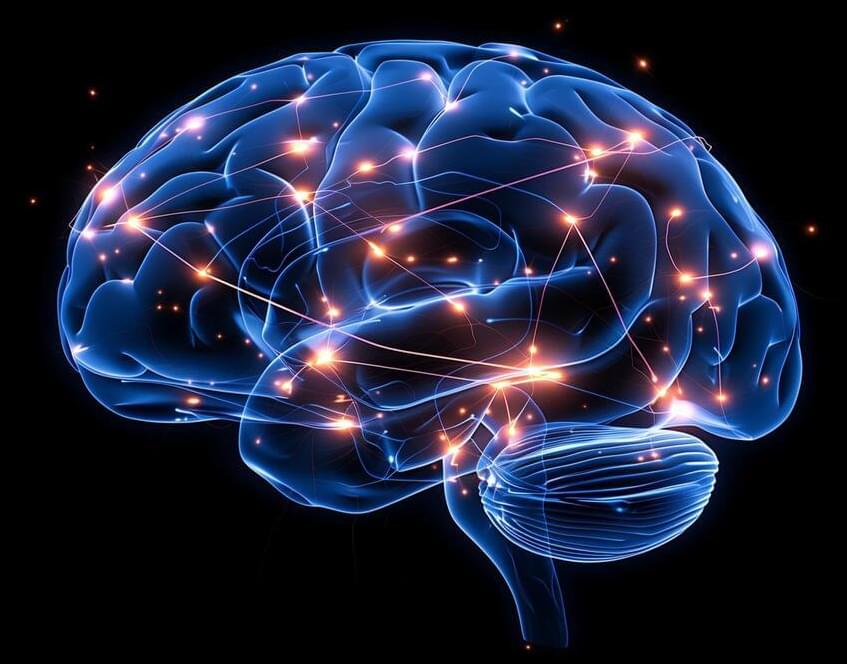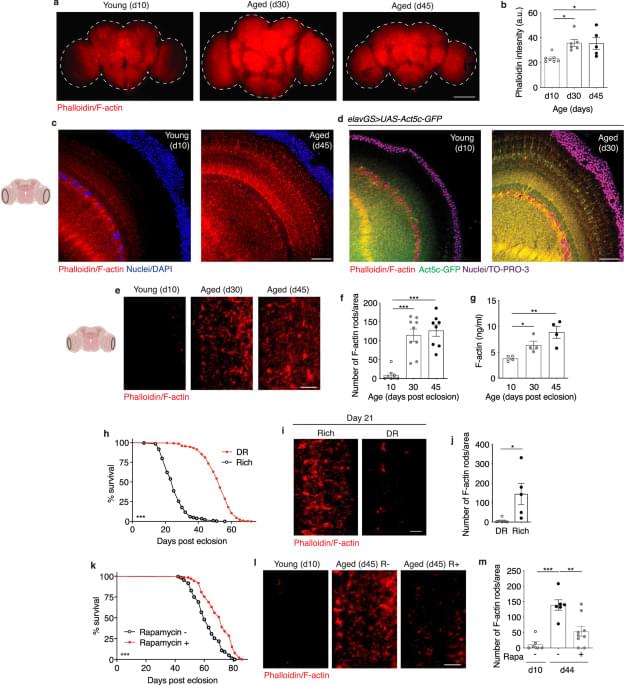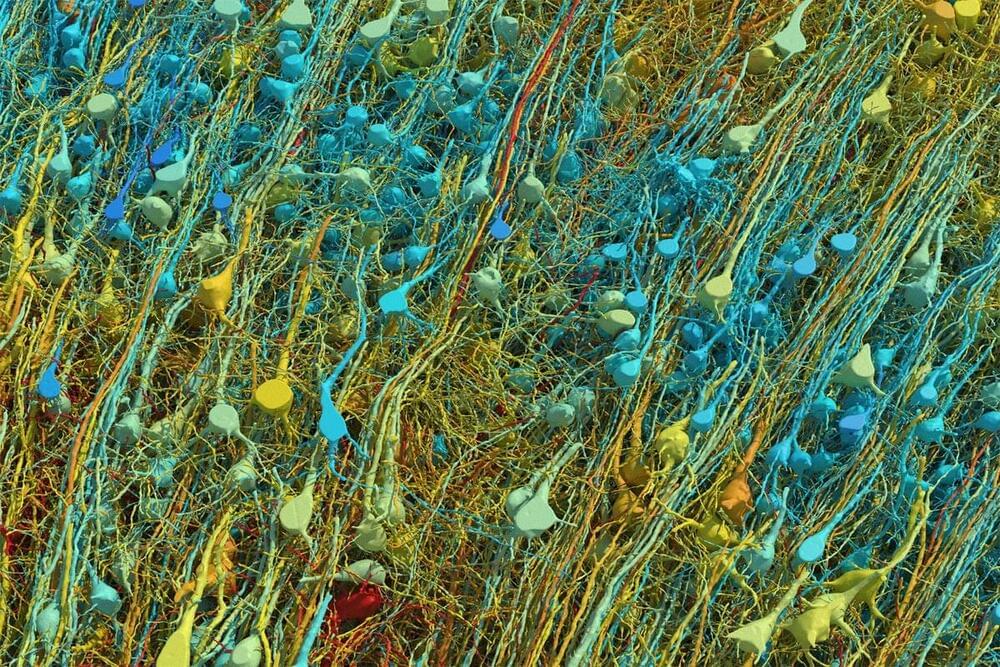MIT researchers have uncovered two additional pathways in the brain’s striatum that modulate traditional movement control pathways by influencing dopamine production.
These pathways, connected to the brain’s striosomes, may play a crucial role in decisions with strong emotional components, potentially altering our understanding of how motivation and movement are interconnected.
In the human brain, movement is coordinated by a region called the striatum, which sends signals to motor neurons. These signals travel along two main pathways: one initiates movement (“go”), and the other inhibits it (“no-go”).








